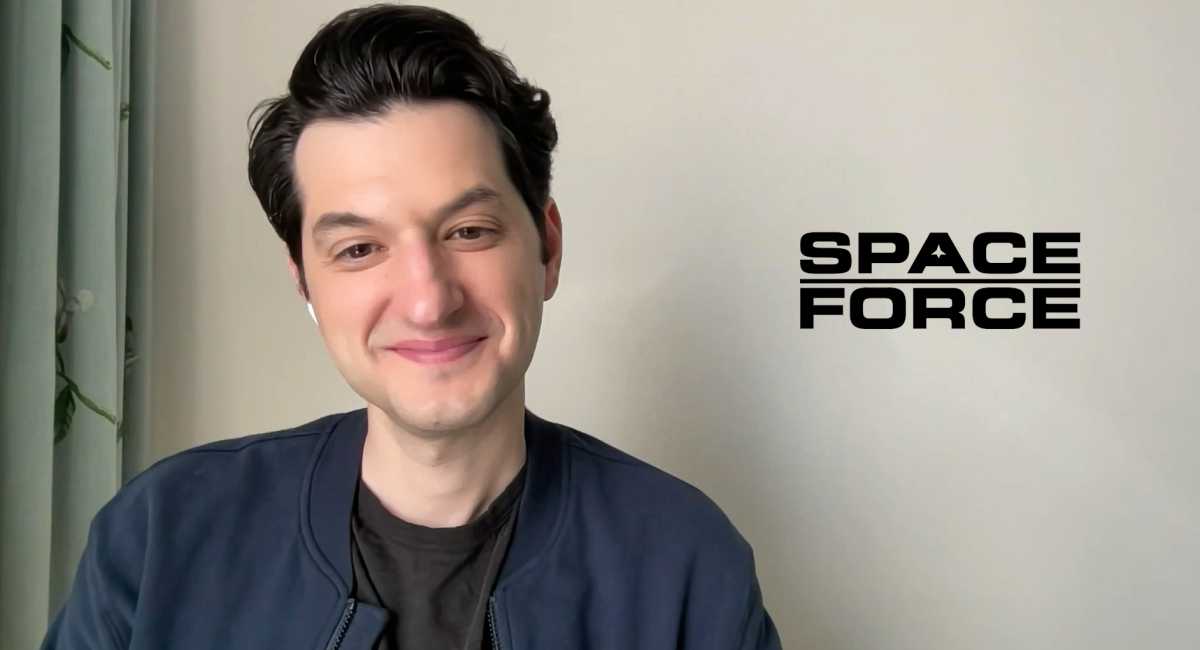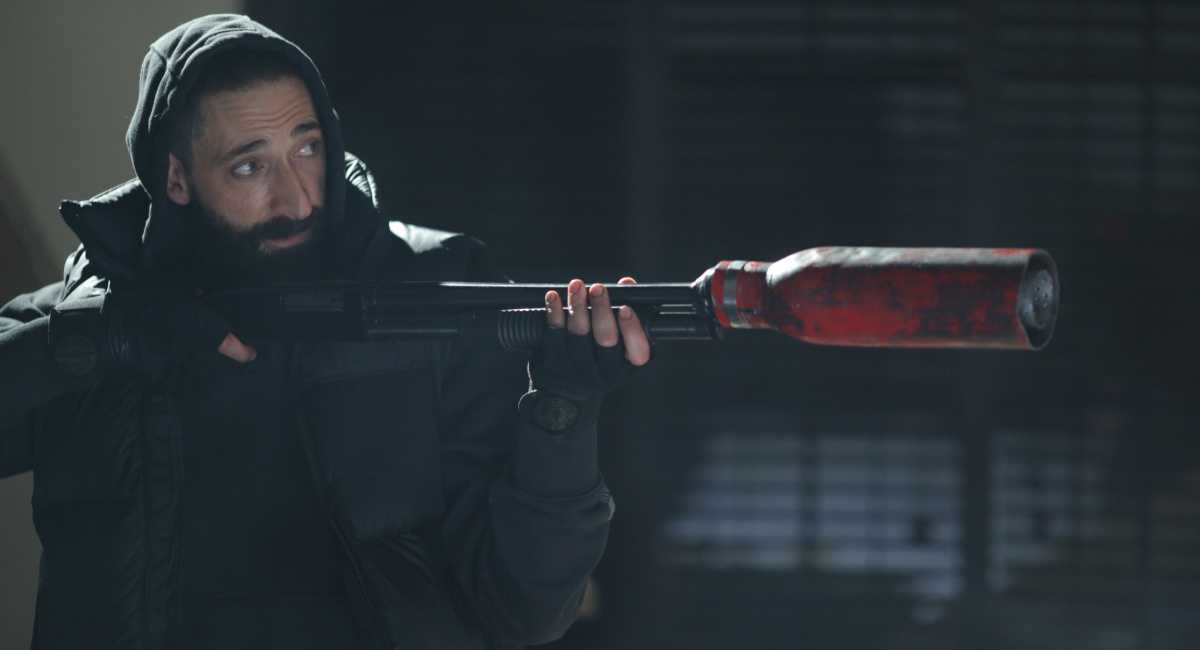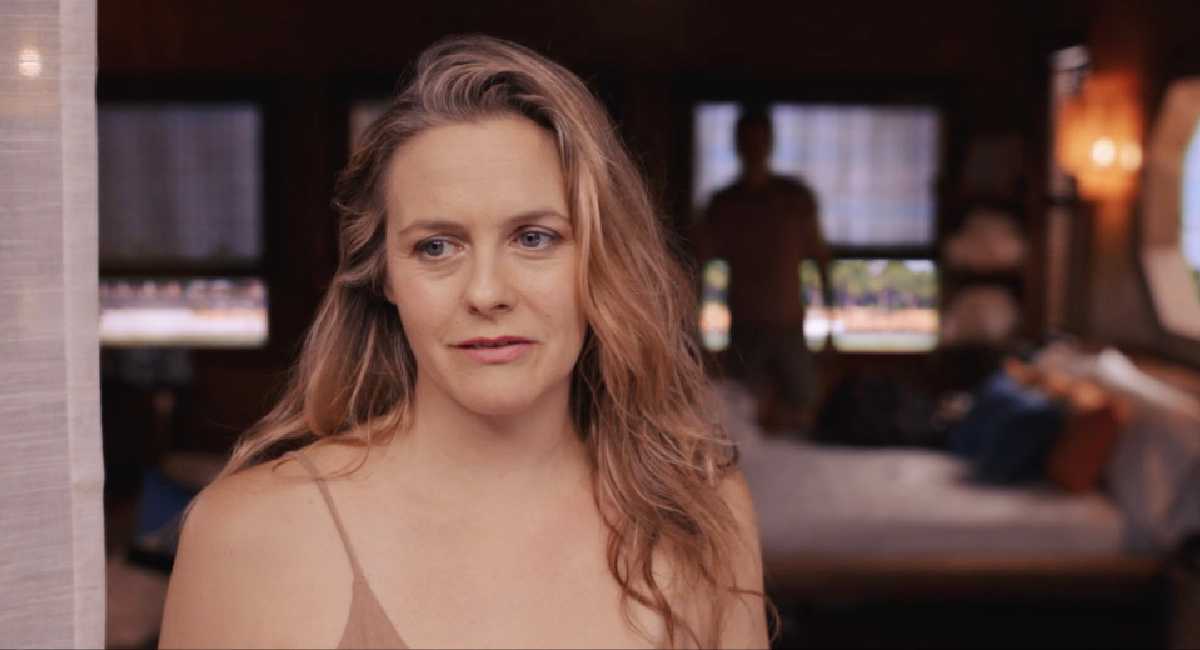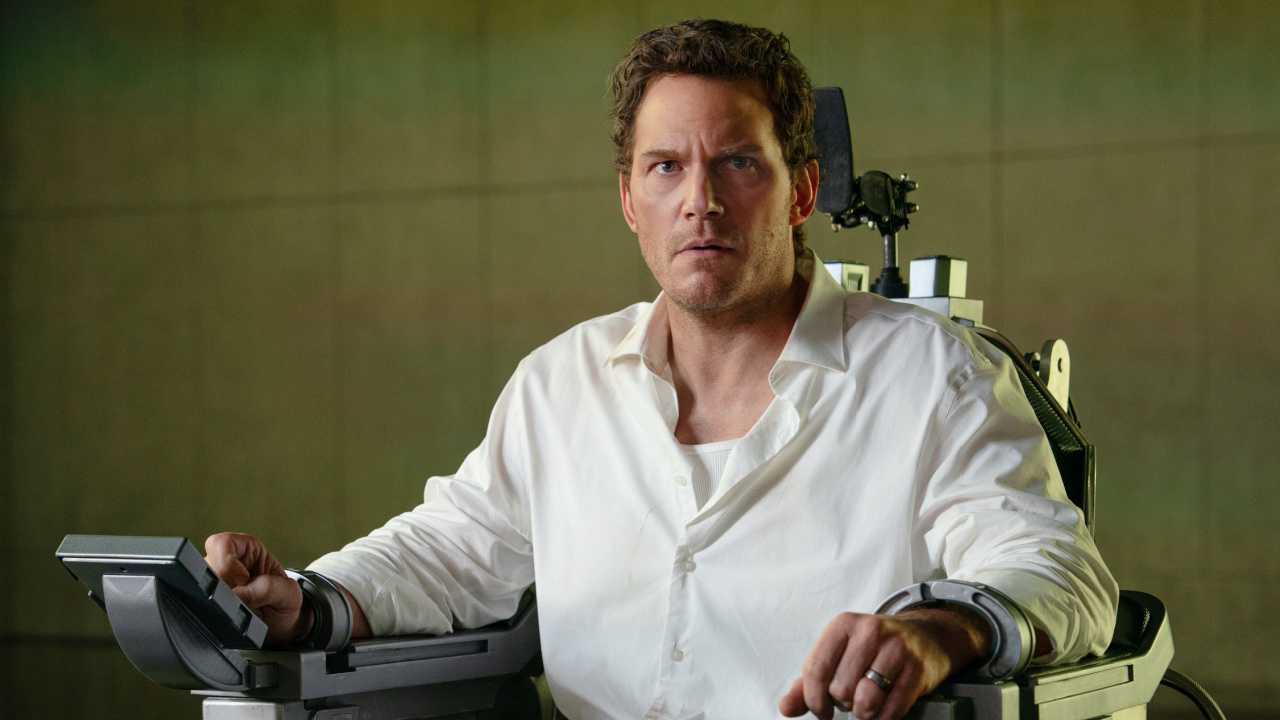Is 'Freeheld' Worth a Trip to the Theaters? Critics Weigh In

https://www.youtube.com/watch?v=blk27Jj9UE8
In the Peter Sollet-directed drama "Freeheld," Julianne Moore stars as Laurel Hester, a New Jersey police lieutenant facing terminal cancer and battling alongside her domestic partner Stacie Andree (Ellen Page), to secure her pension benefits.
Although the plot, based on a true story, has all the right intention, critics say it falls flat, failing to get its point across.
Read on to see what reviewers have to say about this drama, which only received a 43 percent rating on Rotten Tomatoes.
"'Freeheld' feels like it was micro-engineered inside of an Oscar laboratory: It’s a true story (ding!) about gay rights (ding!) and a small town learning to overcome its prejudices (ding!) that doubles as a cancer movie (ding ding!) and stars a cast chock full of Oscar nominees (ding ding ding!). Yet even with that pedigree, 'Freeheld' falls flat. It’s a stiff, overly calculated piece of awards bait that has all the elements of an Academy Awards triumph — except a beating heart." -- Adam Graham, The Detroit News
Some argue that seeing the real-life Hester and Andree during the film's credits will make viewers realize even more that these actresses do not capture the essence of the originals.
"'Freeheld' is a disappointingly flat affair, plodding in its pacing and predictable in its story beats ... At the end, under the closing credits, 'Freeheld' shows us photos of the real Hester and Andree, and we sense an immediacy the rest of the film lacks. These are the people we want to watch and not a movie simulacra, no matter how capably performed and earnestly felt." -- Ty Burr, The Boston Globe
"With all the noise and posturing, the women’s love story fades to the background, and Sollett spends far too much time having the characters deliver speeches, rather than interact with each other in a way that feels real. In the end credits, we see photos of the real Laurel and Stacie, in happier days, and you can see love glowing around them. Too bad that the movie, well-intentioned as it is, never quite catches that spark." -- Moira MacDonald, The Seattle Times













